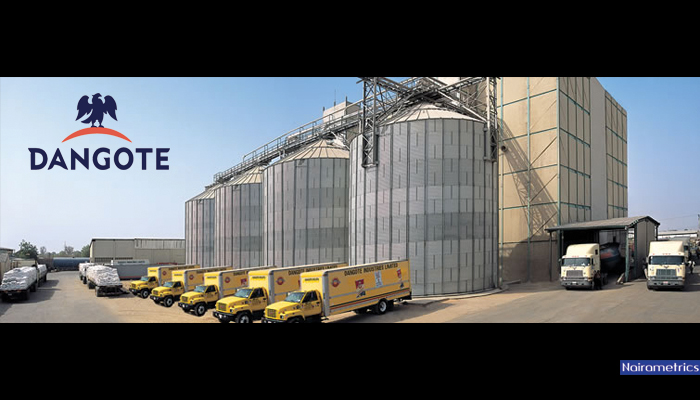Nairametrics|In a parley with journalists, Coordinator of the Dangote Group’s National CP Abdullahi Magagi (RTD) stated that arrangements had been concluded to establish a tyre company. The Dangote Group is known for producing consumer goods, such as sugar, flour, salt, and cement across the production chain. Why tyres, then? The group may have decided this because of the volume of tyres it uses.
With a fleet of over one thousand trucks criss-crossing the entire nation, the Dangote group could be one of the largest buyers of tyres in the country. Assuming one truck uses eight tyres, which would have to be replaced at least once in three or four years, then at least eight thousand tyres would have to be bought. Estimating truck tyres at a unit cost of 60 thousand a tyre, expenses on tyres could hit over ₦ 480 million naira every four years. Poor state of roads in the country may mean the wear and tear on tyres could be even more. So in 12 years, the group would have spent over ₦ 1.5 billion naira on tyres. Further depreciation in the exchange rate means tyres could become more expensive to import.
Nigeria used to manufacture tyres in the 80s and early 90s, but epileptic power supply, high cost of doing business in the country and low tariffs on imported tyres caused them to shut down. Michelin Plc shut down its operations in 2007 and Dunlop Nigeria Plc followed suit in 2008. So why will the Dangote factory be different?
Economics of scale means that Dangote can site the factory at any of his existing factories which already generate their own power. A drop in global rubber prices, means raw materials will come cheap. The absence of any local competition, gives the opportunity to charge at maximum profit.







